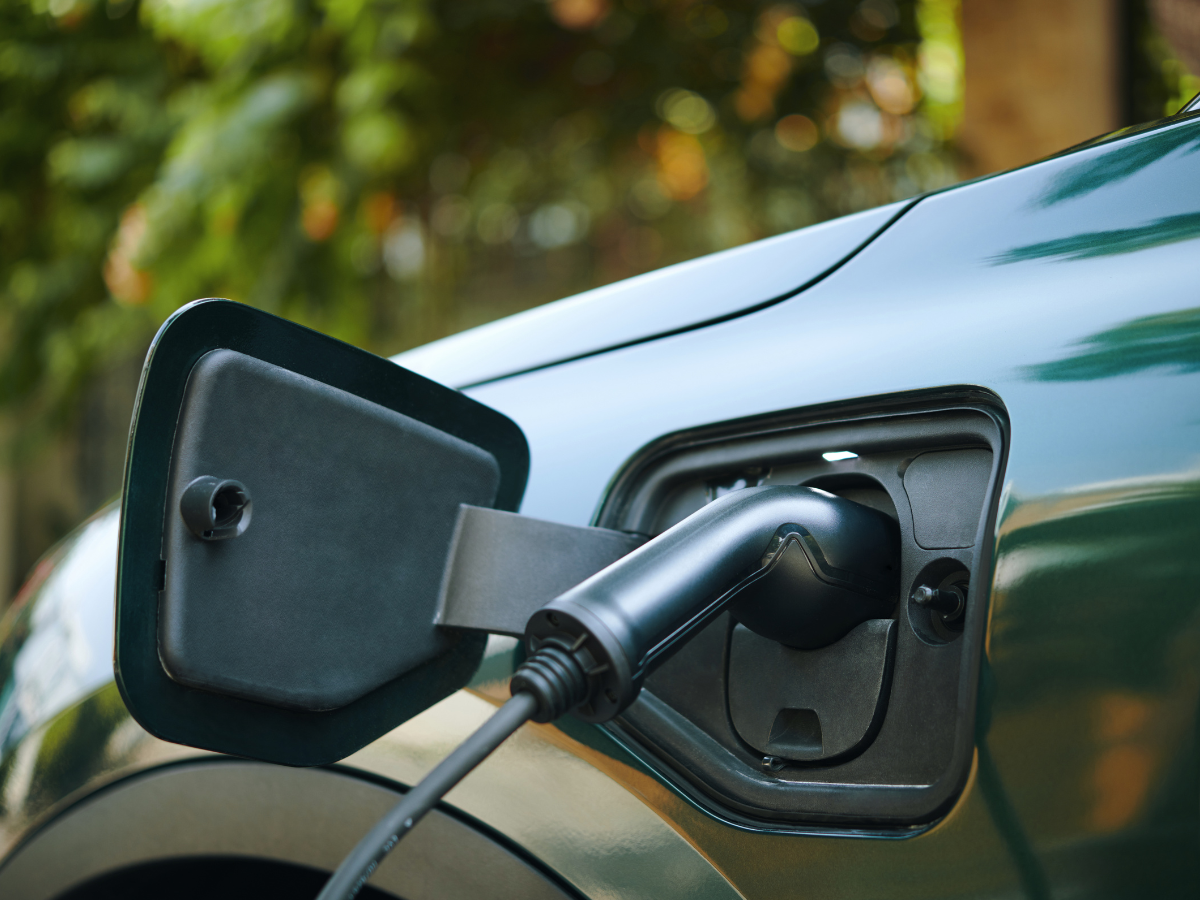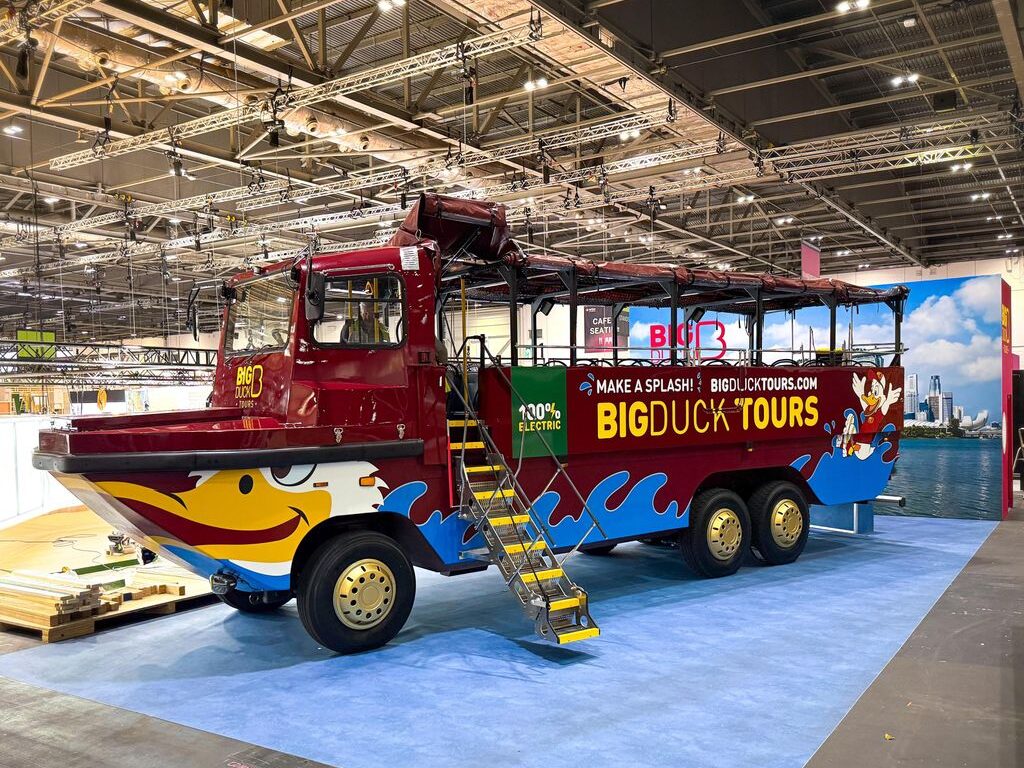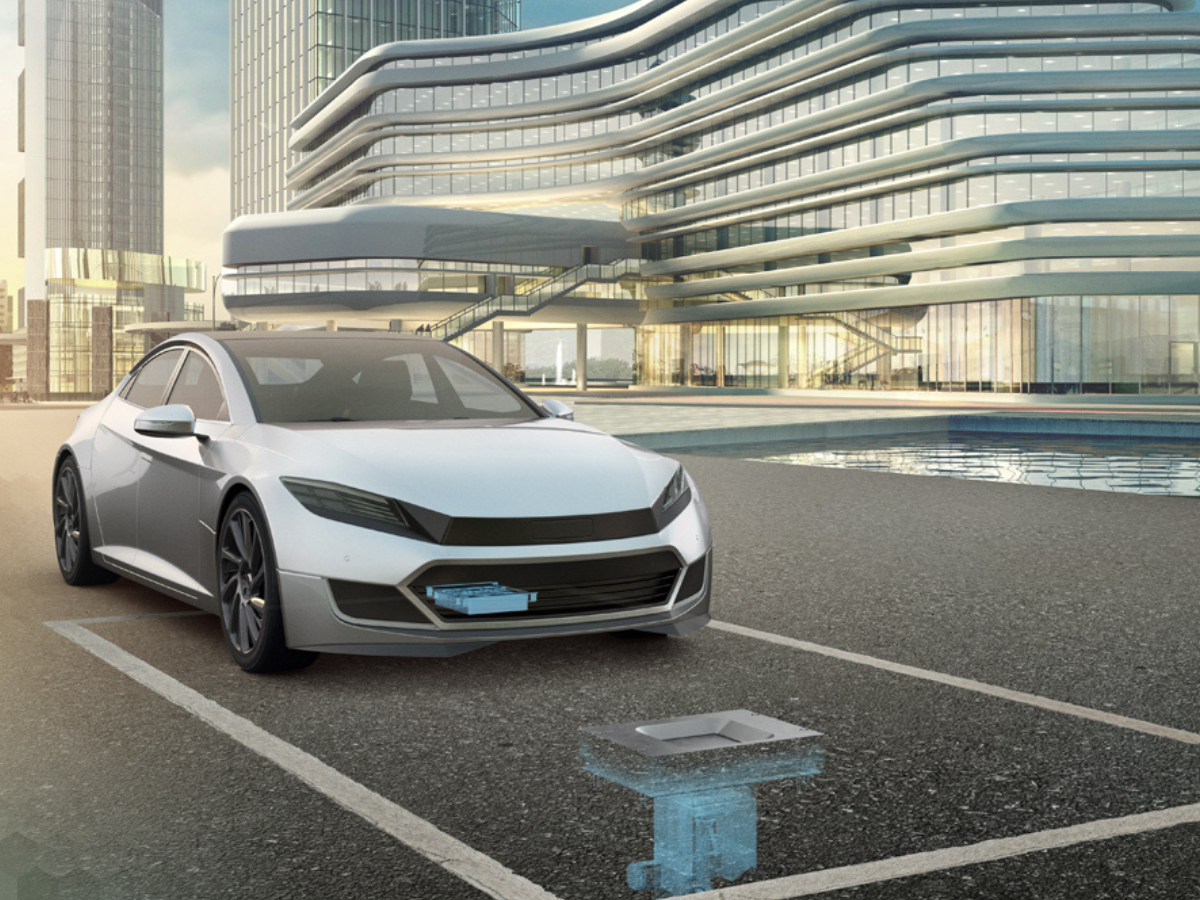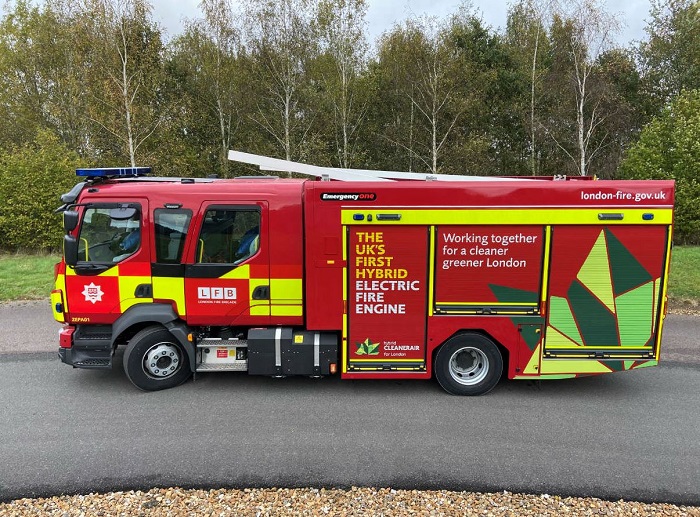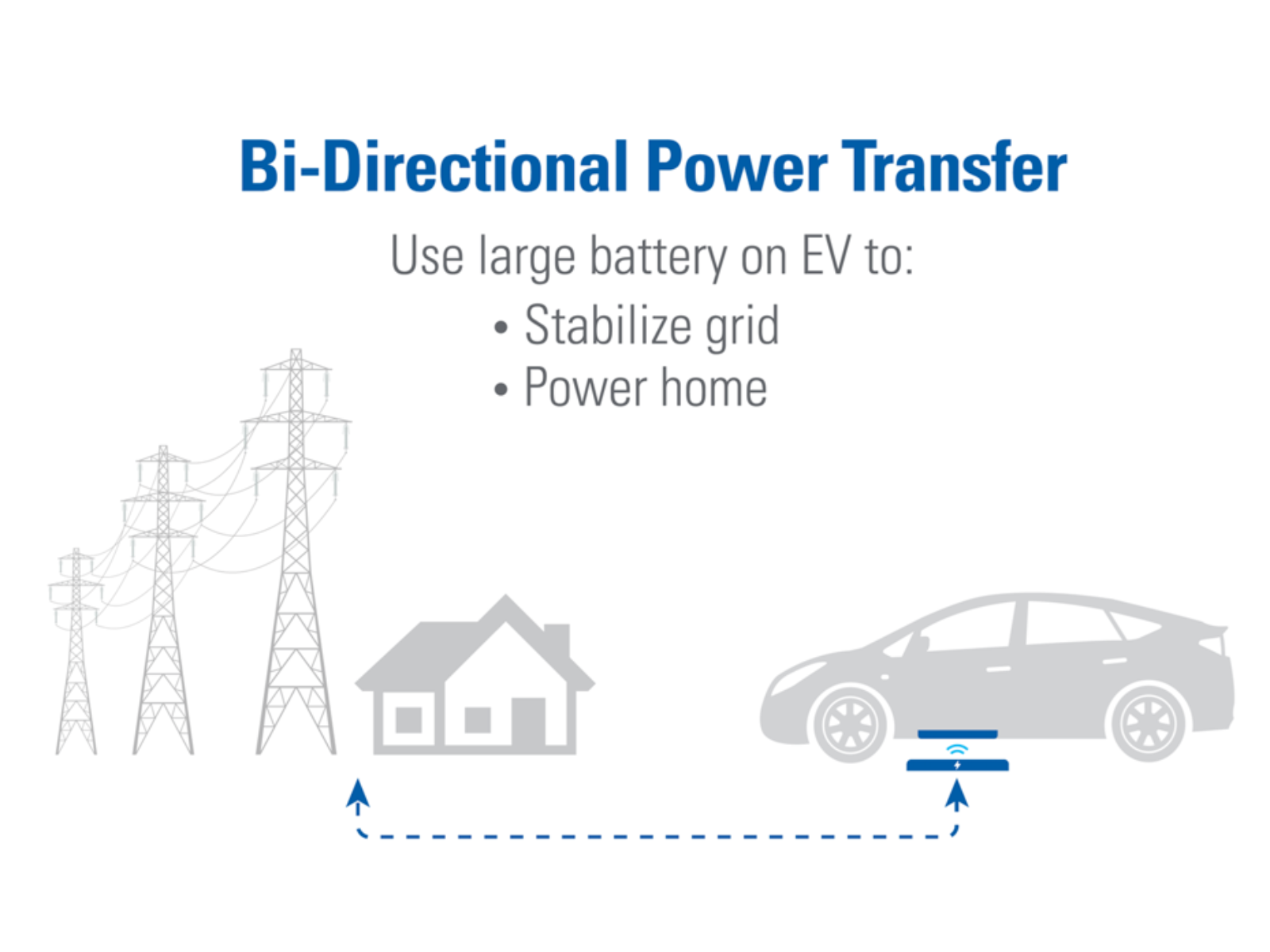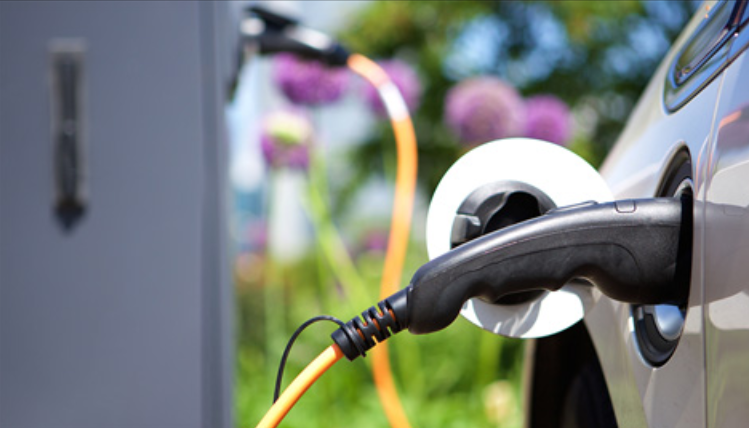Siemens has signed a letter of intent with MAHLE covering how the two companies wish to work together to make inductive charging systems more standardised.
The two mobility providers say their plans include technical collaboration and joint interoperability tests, having identified EV wireless charging as something that was ’emerging as a major market for the future’. This technology, which would deliver added convenience for drivers, would also be a necessary step for autonomous mobility in the future, Stefan Perras, Head of Pre-development and Innovation for Charging Infrastructure at Siemens AG said.
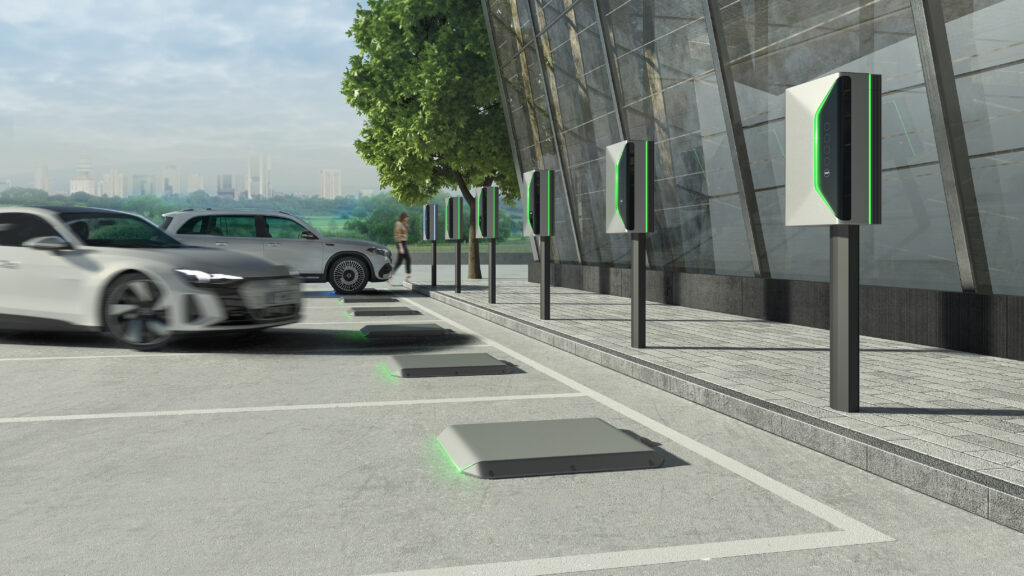
Ford recently announced it had developed a hands-free robot charging station for electric vehicles for exactly these two reasons.
Mr Perras went on to say that the transfer efficiency of wireless, inductive charging was ‘comparable’ to standard plug-in systems.
One of the co-operation areas involves standardisation. The companies want to close gaps in this area to ensure full interoperability between the vehicles and the charging infrastructure.
The two companies also wish to use their respective areas of expertise – MAHLE as an automotive supplier and Siemens as a charging infrastructure provider – to work together to develop a complete inductive charging system for electric vehicles.
[Harald Straky, Vice President for Global Development in Mechatronics and Electronics at MAHLE, said:” text=”We are very pleased to have found a strong partner in Siemens in order to make major advances in inductive charging. The combined experience of both companies will give us a clear competitive advantage.”]
The two companies say they will perform extensive interoperability and cross-testing between the charging equipment on the vehicle (the secondary coil) and the charging infrastructure (the primary coil). This kind of testing will enable improvements to be made to the technology. Some of the testing will take place through taxpayer-funded projects.




